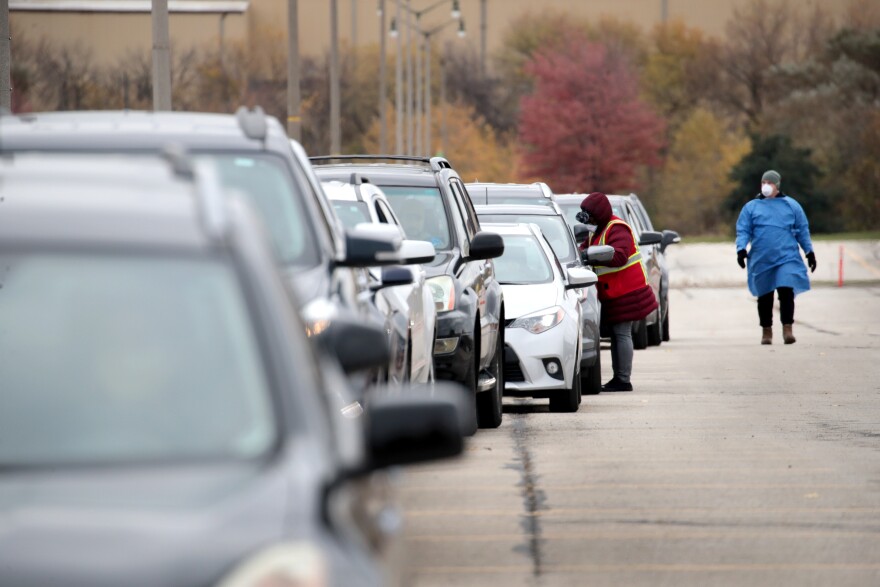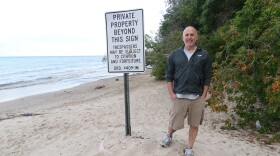While many Americans are focused on election results, the coronavirus continues to infect people at an alarming rate. Wisconsin has seen one of the largest increases of cases in the country, breaking infection and death records on a near-daily basis.
Nearly 6,000 new cases were reported in the state on Thursday. The average daily death toll in the last week has been 37 people. A couple of months ago, that number was just six. With so many positive cases, contact tracers are having a difficult time keeping up.
>>Milwaukee County Sees 'Steepening Of The Curve' As COVID-19 Numbers Rise
But patients aren’t just working with contact tracers, they’re also assigned a caseworker. A caseworker is different from a contact tracer because they help answer questions and concerns for patients who’ve been diagnosed with the disease. Anything from how to get food to their homes, to when to seek medical attention.
Tracey Sperko, a school nurse, was recently a caseworker for people infected with COVID-19 in the city of Milwaukee.
“Your whole life becomes about COVID,” says Sperko. “Because even when you’re at home, people are supposed to call you between certain hours, but they call you when they need help.”
She says that a large part of her job receiving calls was to just listen to people and give them a space to talk about how much they were struggling. She describes talking with one woman whose father had died, her uncle was intubated, and her mother was likely to be intubated all because they had gathered for a birthday dinner. The woman called Sperko and said that receiving food “was the only good thing” that happened to her that week.
"For Americans, we’re thinking about ... what do we do for Thanksgiving? And my response is, we can’t. Otherwise, look around that dinner table and think about which family member you are willing to sacrifice."
Sperko’s time as a caseworker only furthered her understanding of the sacrifice needed to save lives during the pandemic and as the holiday season draws near, she worries that people won’t take the necessary precautions.
“For Americans, we’re thinking about ... what do we do for Thanksgiving? And my response is, we can’t. Otherwise, look around that dinner table and think about which family member you are willing to sacrifice,” she says. “They say that’s harsh, but that’s the reality.”
She says people need to wear masks, avoid gathering, and continue to do the difficult work of not spreading the virus.







